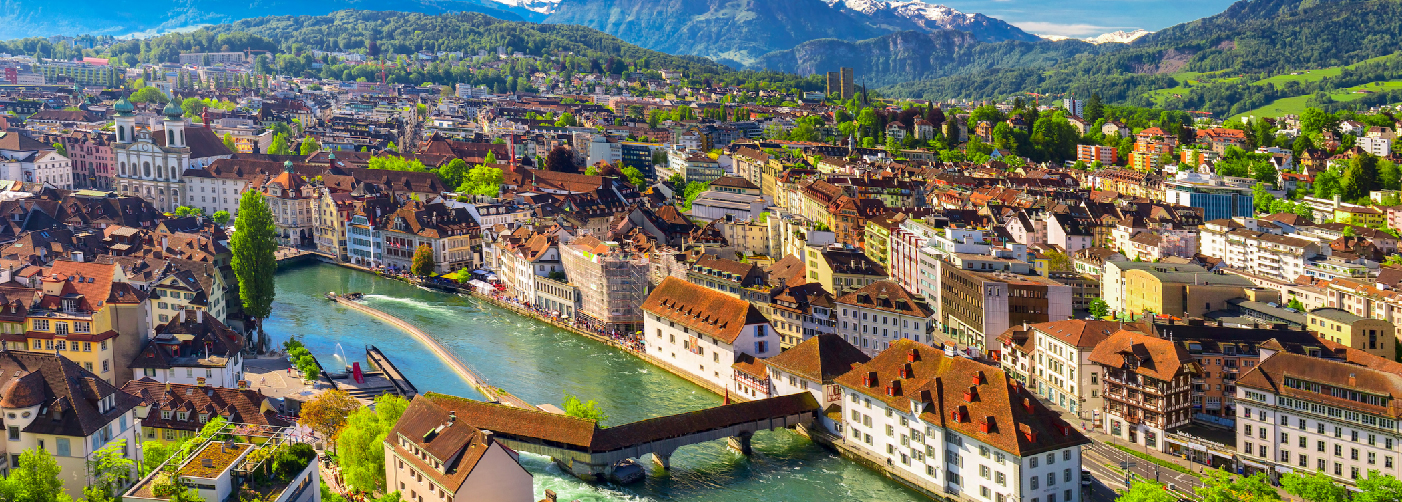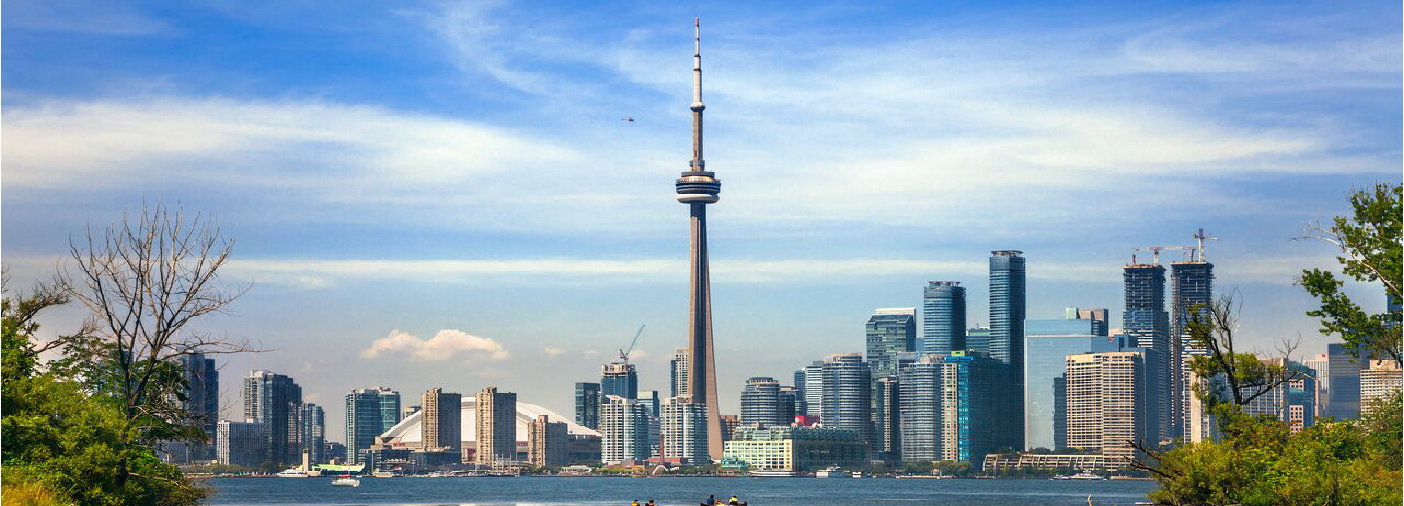| Why Study in Switzerland? |
- High-Quality Education: Switzerland is home to some of the world’s top-ranked universities, offering a rigorous education and a strong emphasis on research, innovation, and practical learning.
- Multilingual Environment: Switzerland is a multilingual country, with four official languages: German, French, Italian, and Romansh. Many programs, particularly at the master’s and doctoral levels, are offered in English, providing an international and diverse academic atmosphere.
- Internationally Recognized Degrees: Swiss degrees are highly respected worldwide. The country’s universities are renowned for their academic excellence and are consistently ranked among the best globally.
- Excellent Infrastructure: Switzerland offers high living standards, a safe environment, and excellent public transport systems, making it an attractive destination for students.
- Cultural Diversity: Switzerland is a melting pot of cultures, with a strong tradition of neutrality, hospitality, and cultural exchange. It offers a unique experience for international students.
- Work Opportunities: Switzerland has a thriving job market, particularly in finance, technology, engineering, hospitality, and pharmaceuticals, providing great career prospects for graduates.
- Undergraduate Programs:
- A recognized secondary school diploma or equivalent.
- Proof of English proficiency (IELTS 6.0 – 7.0 or TOEFL 80 – 100). Some programs may require proficiency in one of Switzerland’s official languages, depending on the language of instruction.
- Some programs may require additional requirements like an entrance exam or portfolio (especially for creative courses).
- Postgraduate Programs (Master’s & Ph.D.):
- A recognized bachelor’s degree or equivalent in a relevant field.
- Proof of English proficiency (IELTS 6.5 – 7.0 or TOEFL 90 – 100).
- A Statement of Purpose (SOP), CV, and letters of recommendation.
- Research proposal (for Ph.D. applicants) or additional requirements depending on the program.
| Scholarships for International Students |
- Swiss Government Excellence Scholarships: Offered by the Swiss government to international students from selected countries to pursue master’s, doctoral, or postdoctoral studies.
- University-Specific Scholarships: Many Swiss universities offer scholarships to international students, particularly for highly qualified applicants.
- Erasmus+ Scholarships: Available for students from the EU/EEA countries who wish to study in Switzerland.
- Swiss Business Scholarships: Some companies and organizations in Switzerland offer scholarships for students pursuing business and economics degrees.
| Work Opportunities for International Students |
- EU/EEA Students: Can work without restrictions during their studies.
- Non-EU Students: Can work up to 15 hours per week during the academic year and full-time during university holidays.
- Hourly Wage: The average wage is around CHF 20 – CHF 25 per hour, depending on the job.
- Part-time jobs are available in retail, hospitality, or as a research assistant or tutor.
- Post-Study Work Visa: International students can stay in Switzerland for up to 6 months after graduation to search for a job in their field. After finding a job, they can apply for a work permit.
- Job Market: Switzerland has a strong economy with a high demand for skilled workers, particularly in industries like finance, pharmaceuticals, engineering, technology, and hospitality.
- Graduates often find work quickly, especially in fields such as finance, pharmaceuticals, and international organizations based in Switzerland.
|
- Engineering & Technology (Mechanical, Electrical, Civil, Computer Science, etc.)
- Business & Management (Finance, Marketing, International Business)
- Medicine & Healthcare
- Social Sciences & International Relations
- Law & Political Science
- Economics & Finance
- Hospitality & Tourism Management
- Life Sciences & Environmental Sciences
- Arts & Design
| Cost of Studying in Switzerland |
- EU/EEA Students: Students from the EU/EEA do not need a visa or residence permit to study in Switzerland.
-
Non-EU Students: Students from outside the EU/EEA must apply for a student visa or residence permit. The required documents generally include:
- An acceptance letter from a Swiss university.
- Proof of sufficient financial resources (around CHF 2,000 per month).
- Health insurance.
- Proof of accommodation.
- Visa fee (around CHF 60 – CHF 90).
Visa Processing Time: 1 – 2 months, depending on the country.
| Pathway to Permanent Residency |
- Temporary Residency: After living in Switzerland for several years (usually 5 years), graduates may be eligible to apply for a temporary residence permit if they are employed.
- Permanent Residency (PR): After living and working in Switzerland for at least 10 years, non-EU graduates may apply for permanent residency.
- Citizenship: After living in Switzerland for 12 years, a person may be eligible for Swiss citizenship, though it varies depending on the canton.
|








